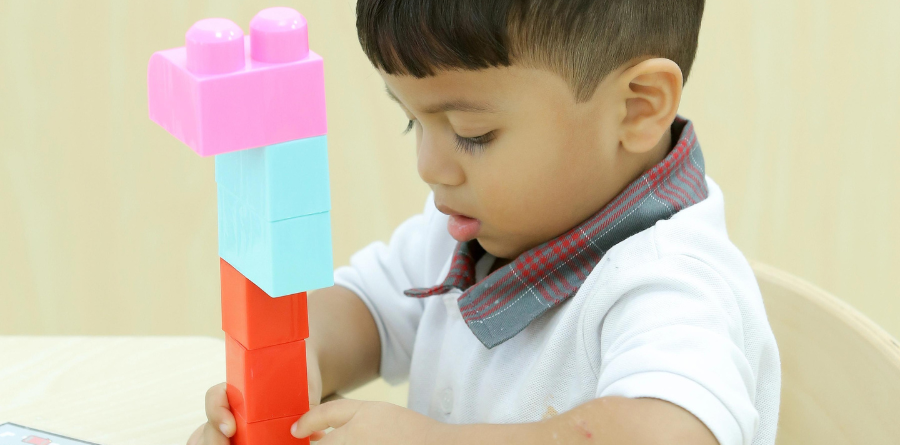What is Early Childhood Education and Its Importance?
- July 31, 2024
- ChildhoodEducation

What is Early Childhood Education (ECE)?
Early Childhood Education (ECE) is essential for children aged from birth to 8 years, impacting their cognitive, emotional, and social development. Quality ECE programmes foster critical thinking, creativity, and social skills through structured play and activities.
Children in these programmes tend to perform better academically and socially. However, access to quality ECE is challenging, especially for low-income families. Investing in ECE helps close educational gaps and promotes equity, benefiting both individuals and society.
Why Early Childhood Education is Important?
Early Childhood Education (ECE) is vital for children's cognitive development, emotional and social growth during their early years. Quality ECE programmes help children develop critical thinking, creativity, and social skills through structured play and activities.
These programmes lead to better academic performance and social behaviors, with long-term benefits including higher graduation rates and better job opportunities. Investing in ECE helps close educational gaps and promotes equity, benefiting both individuals and society as a whole.
Components of High-Quality Early Childhood Education
1. Curriculum and Teaching Methods
High-quality ECE programmes use a comprehensive curriculum tailored to children's developmental stages. This includes a mix of structured activities and free play, employing various teaching methods to foster critical thinking and creativity.
2. Role of Play in Learning
Play is essential in ECE, enabling children to explore and understand their world. Through play, children develop problem-solving, cooperation, and self-regulation skills, which are crucial for cognitive and emotional growth.
3. Importance of a Stimulating Environment
A stimulating ECE environment is safe, engaging, and resource-rich, with diverse materials like books and educational toys. This environment supports curiosity and active learning, building a strong foundation for future academic success.
Benefits of Early Childhood Education
Improved Readiness for School: ECE helps children develop essential pre-reading, language, and math skills, ensuring they are prepared to start school successfully and reducing the risk of falling behind.
Better Academic Performance: Children in quality ECE programmes perform better academically, achieve higher test scores, exhibit better problem-solving skills, and are more likely to graduate from high school.
Social and Emotional Development: ECE fosters social skills such as cooperation, empathy, and conflict resolution. It helps children build positive relationships and navigate social situations effectively, contributing to their overall emotional well-being.
Long-term Societal Benefits: Investing in ECE results in higher employment rates, lower involvement in criminal activities, reduced need for remedial and special education services, and a more educated and skilled workforce, leading to cost savings and societal benefits.
Why Should You Enroll Your Child in Early Childhood Education?
Enrolling your child in Early Childhood Education (ECE) builds a strong foundation for future success. ECE programmes develop crucial skills in reading, language, and math, ensuring school readiness.
They also foster social and emotional growth, teaching cooperation, empathy, and conflict resolution. Children in quality ECE programmes tend to perform better academically and have better job prospects.
Investing in ECE benefits your child and contributes to a more educated, skilled, and prosperous society.
To know more click here.



